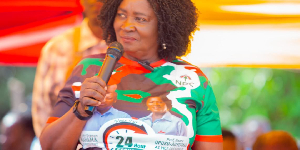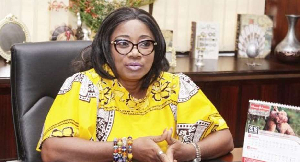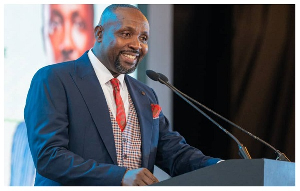


Rocky55 Blog of Monday, 23 December 2024
Source: Isaac Appiah
Check-out The monthly salary of Ghana's vice president, including other benefits and allowances

According to Article 71 of the 1992 Constitution, the Presidential Emoluments Committee sets the vice president of Ghana's monthly remuneration. Although the Vice President's actual pay is not made public, prior reports suggest that it is comparable to that of a Cabinet Minister. A Cabinet Minister's monthly salary, for example, was roughly GHS 22,000 in 2016. According to Wikipedia, the current number is probably greater after accounting for inflation and future compensation reviews. The Vice President is entitled to a number of benefits and allowances in addition to the base pay. Usually, these consist of housing, transportation, security, and healthcare.
To ensure that the Vice President can carry out official duties efficiently, the state provides official housing and cars. The vice president and their immediate family members are fully covered by healthcare, and security guards are deployed to ensure personal safety. When the Vice President leaves office, they are eligible to receive retirement benefits. As suggested by the Emoluments Committee, they could include a pension, ongoing security, and other benefits. Periodically, these benefits' specifications are evaluated to take into account the role's obligations and the state of the economy.
Notably, public debate in Ghana frequently revolves over the compensation of public officials, including the vice president. These conversations are influenced by worries about economic difficulties and wage inequality in the public sector. The proposed salary for the First and Second Ladies, for instance, caused a great deal of public outrage in 2021, which resulted in legal challenges and the proposal's final rejection.


















